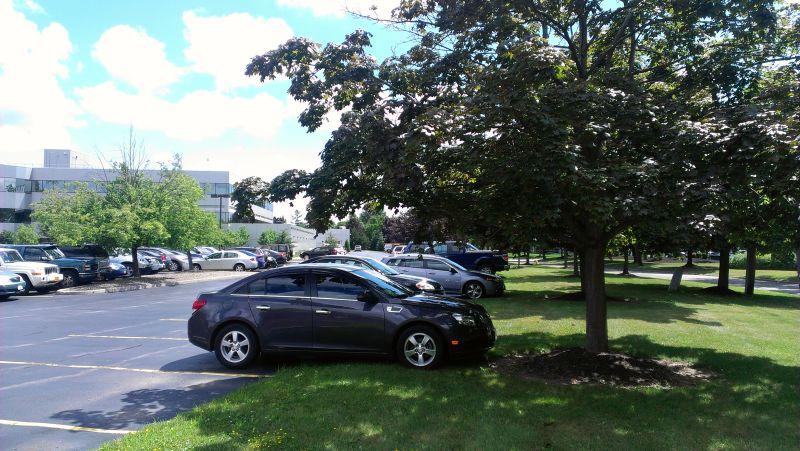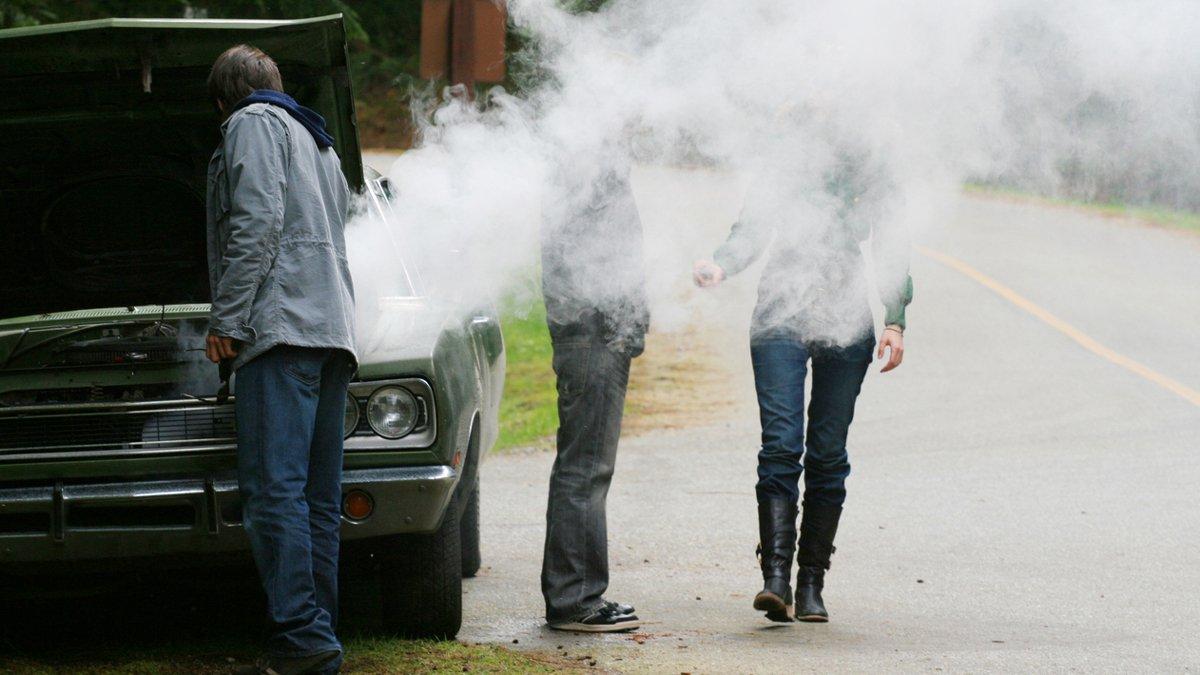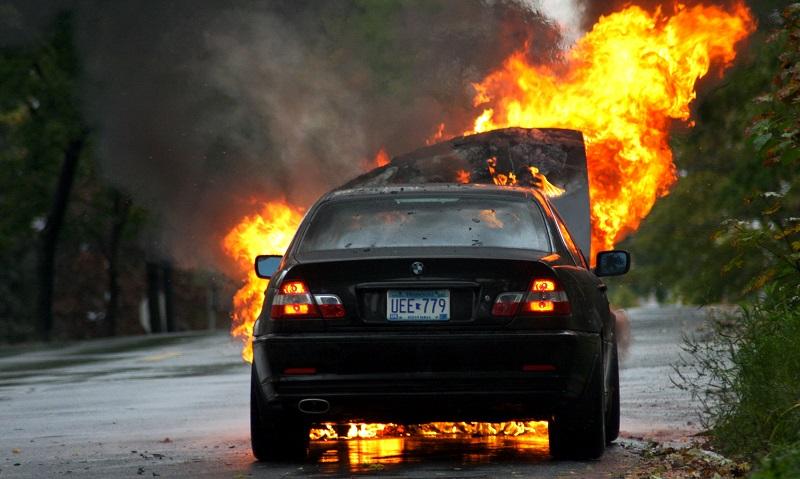Just like you use sunscreens and wear hats on summer, your car also needs some extra protection when the heat wave strikes. In fact, high summer temperatures are the reason behind almost 20% to 30% more vehicle fires compared to other seasons. So, you should really find out ways to fire prevention in hot weather to ensure the safety of your prized possession and yourself as well.
Contents
Tips for Fire Prevention in Hot Weather
Automobiles are highly durable but these are not damage-proof. Extreme heat can expose them to extensive harm and make vulnerable to fire accidents. The risk of fire ignition increases manifold in the summer season because of the lower fuel moisture and increased hotness. You can follow these fire prevention in hot weather tips to keep the car safe:
Park carefully
Dry weedy areas are prone to catch fire, and the risk becomes double in hot weather. Avoid parking the vehicle in such places because the exhaust temperature can set the dry grass and weeds on fire. Try to pull over under a shade or tree should you have to park outdoors.

Be Careful with cigarette and lighter
If you are smoking inside of the vehicle, make sure that you dispose of the filter tips in a non-combustible ashtray. If you are parked somewhere and throwing the tips outside, properly extinguish them in sand or water.
Besides, don’t leave a lighter in the car seat. The proximity to leather and the direct sunlight may cause the lighter to explode and create a fire.
Check for oil leaks
Leaked engine oil and brake fluid can spark a fire. Aging auto parts and lack of proper maintenance can lead to the spills and create the hazards. To minimize the risk of fire prevention in hot weather, you should follow the owner’s manual and have the car checked regularly for maintenance.
SEE MORE:
Be aware of electrical short-circuits
These are another common fire starter in the summer season. To avoid such accidents, it’s necessary to have the vehicle services at every 5,000 kilometers. You should also take it to a service shop if any component behaves oddly.

Don’t push if the car overheats
An overheated condition indicates that the car engine is already at a high temperature. Pushing it further will bring it to the edge. Throw the extreme outdoor temperature into the mix and it’s a perfect recipe for disaster! If the vehicle starts to overheat, pull over quickly and turn off the ignition switch. Open the hood and rev the engine to release the heat and pull more air and water through the radiator to cool down the engine.
Conclusion
Be ready for the danger and take proactive measures to decrease the risks of fire hazards. Review the basic safety tips of the automobile and load it with emergency supplies such as a fire extinguisher. You can also install advanced safety features that automatically do the job of fire prevention in hot weather.



